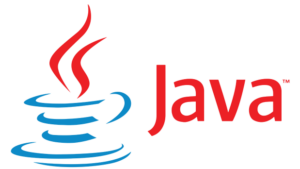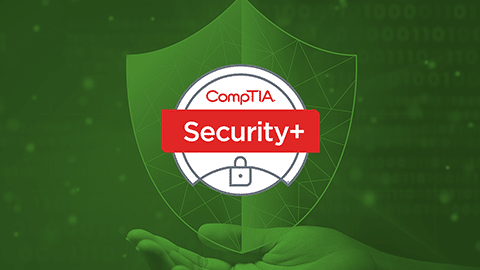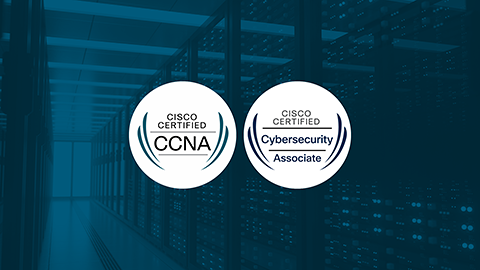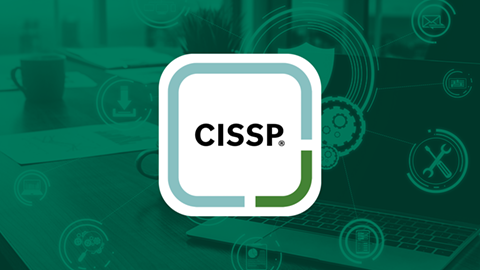
Secure Coding for Java Training Boot Camp

What you'll learn
Training overview
This comprehensive three-day Secure Coding for Java Boot Camp is designed to educate professional programmers on the skills necessary to develop and deploy secure applications. You will learn about potential security issues through concrete, hands-on examples of vulnerable code.
You’ll learn which poor programming practices lead to vulnerable code, how to code securely and how to maintain secure development practices throughout the SDLC. You will sharpen skills and gain experience in applying secure design and implementation principles through demonstrations of building, testing and securing real-world applications. You will be given the opportunity to participate in securing and testing applications through a progression of “challenge scenarios” alternating assignments as “attackers” and “defenders” of applications.
What's included
Everything you need to know

- 90-day extended access to Boot Camp components, including class recordings
- 100% Satisfaction Guarantee
- Free 90-day Infosec Skills subscription (access to 1,400+ additional courses and labs)
- Hands-on cyber ranges and labs
- Knowledge Transfer Guarantee
What makes the Infosec Secure Coding for Java prep course different?
You can rest assured that the Secure Coding for Java training materials are fully updated and synced with the latest version of the exam. With 20 years of training experience, we stand by our Secure Coding for Java training with 100% satisfaction guaranteed. This means if you’re not 100% satisfied with your training at the end of the first day, you may withdraw and enroll in a different online or in-person course.
Infosec success stories

"The team at Infosec was great from the start, and they were as excited about my journey as I was. They explained the value behind each training I was considering and how it could further my goals. Their enthusiasm was a great motivation throughout the boot camp."
Elle Autumn
EC-Council Certified Ethical Hacking Course: CEH Certification Training Boot Camp Read Elle's Story
"Infosec has uniquely prepared me for any CMMC retraining that will take place inevitably in the future. With them, it’s not just about completing the certification; it's about being a true contributor to the ecosystem."
James Ahern
Certified CMMC Assessor (CCA) Boot Camp Read James's Story
"The hands-on training was the best part. You have an instructor you can actually reach out to and ask questions — not only on the material, but also about things out in the wild with cybersecurity."
Eddie Quinones
CompTIA Security+ Certification Training Boot Camp Read Eddie's Story
"The Infosec CISM Boot Camp gave me the ability to intelligently explain why I'm making a decision. Ultimately, the C-suite is happy and they know, 'Hey, here's a person that we can rely on."
Mohammad Mirza
ISACA Certified Information Security Manager (CISM) Training Boot Camp Read Mohammad's StoryGuaranteed results
Our Boot Camp guarantees

100% Satisfaction Guarantee
If you’re not 100% satisfied with your training at the end of the first day, you may withdraw and enroll in a different online or in-person course.

Knowledge Transfer Guarantee
If an employee leaves within three months of obtaining certification, Infosec will train a different employee at the same organization tuition-free for up to one year.
Who should attend

- Java application developers
- Managers, architects and technologists involved in deploying Java applications
- Anyone interested in learning more about secure Java coding
Before your Boot Camp
Prerequisites
Award-winning training you can trust




No available dates
We're sorry, but Secure Coding for Java Training Boot Camp does not have any scheduled dates. However, we’d love to help you get the specialized training you need. Book a meeting with a representative today to discuss setting up a course.
Explore our top boot camps






